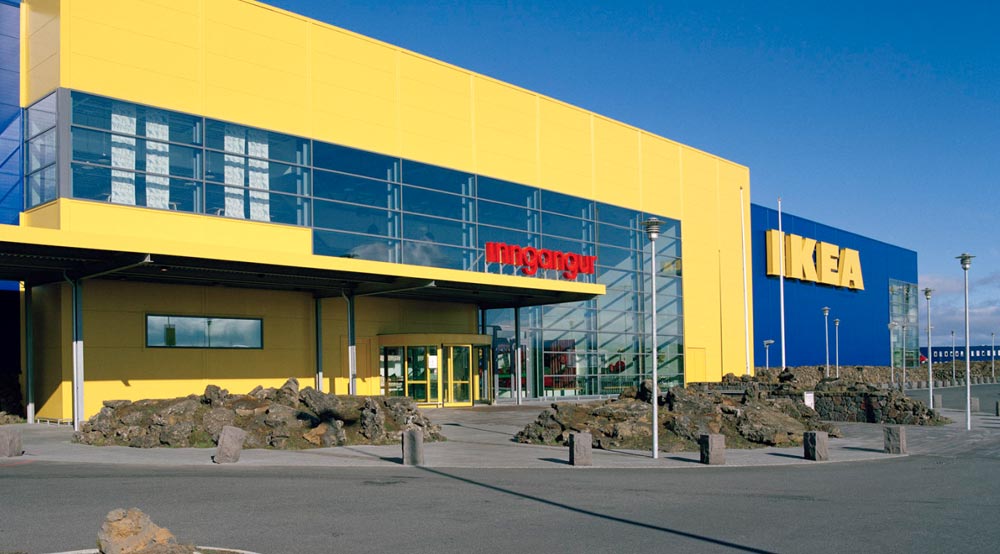IKEA is a Swedish-founded multinational group that designs and sells furniture, appliances and home accessories, among other useful goods and occasionally home services.
In Iceland, the company has started using Ethereum technology to settle invoice with local retailers, making its first foray into blockchain-powered technology.
IKEA partners with supply chain payment firm Tradeshift, which provides it the mean of transfer using an Ethereum-based version of the Icelandic króna created by ConsenSys-backed startup Monerium.
This is confirmed in a press release, which said that the payment was made on behalf of Nordic Store using smart contracts programmed on the Ethereum blockchain.
"With the transaction, Monerium and Tradeshift prove government-regulated, programmable e-money is ready for mainstream markets. A new category of blockchain-powered payments is now a reality."

IKEA‘s foray into Ethereum is possible due to a landmark regulatory decision that allows Monerium to issue digital fiat for use within the European Economic Area.
According to Monerium CEO Sveinn Valfells, his company is "the first company authorized to issue e-money on blockchains, we are delighted to demonstrate the benefits of blockchains for mainstream B2B transactions using a legal form of digital money."
"Unlike cryptocurrency which is volatile, e-money is a proven digital alternative to cash, regulated and redeemable on demand,” said Valfells. “Using programmable e-money in smart contracts heralds a new category of payments."
Stefán Árnason, CFO of IKEA Iceland, said that "a programmable financial supply chain, where trading partners can connect information flows to money flows through smart contracts, will transform how suppliers and customers interact.”
Electronic money has been around in Europe for quite a long time. But settling invoices in electric money fiat with smart contract is new.
It has several potential benefits, too.
For example, payments are automated and predictable. And there is also a reduced risk of human errors. What this means, cross-border payments could be made much cheaper than when using regular bank payments.
What's more, by using tokenization, companies can get access to trade finance more easily.
According to Gert Sylvest, co-founder of Tradeshift and GM of Tradeshift Frontiers:
"This is an important step forward."